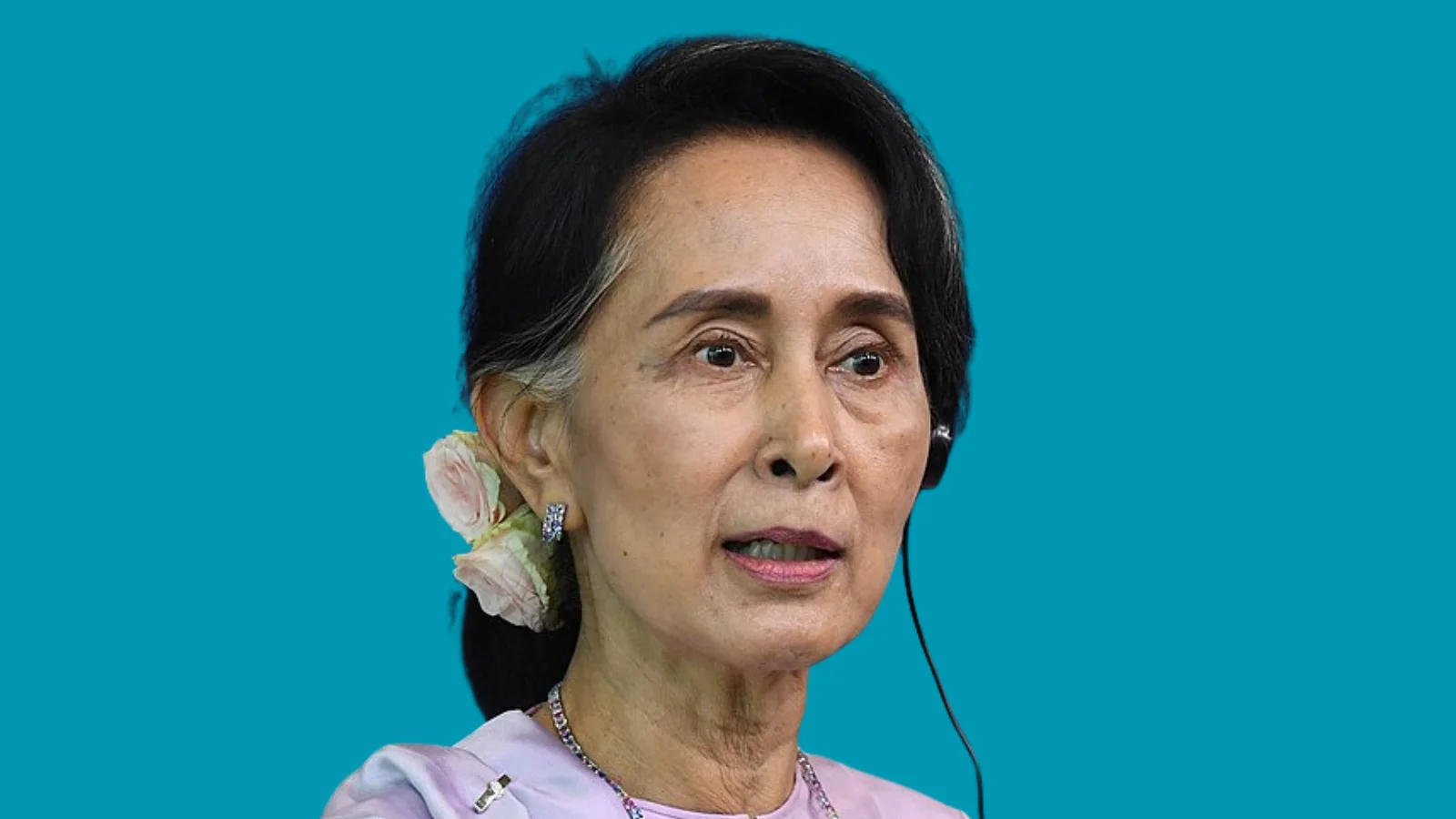Stimson Center China Program
Recent News About Stimson Center China Program
-
The Stimson Center’s Latin America Program has entered into a partnership with the Organization of Ibero-American States (OEI) to support digital transformation, foster innovation, and encourage regional integration in Latin America.
-
The Stimson Center has announced the addition of four new members to its Board of Directors: Brett B. Lambert, Jill Weise, Eliot Kang, and Raj Shah.
-
Randa Slim has been appointed to launch and lead the Stimson Center’s new Middle East Program, according to an announcement from the organization on December 1, 2025.
-
Nearly five years after Myanmar’s military coup halted the seating of a democratically elected parliament, the country faces an ongoing crisis marked by violence, displacement, and international concern.
-
The Stimson Center, a research organization based in Washington, D.C., has released the results of its Climate and Ocean Risk Vulnerability Initiative (CORVI) assessment for Aruba.
-
The Stimson Center has announced the creation of its Latin America Program, which will focus on promoting democratic governance, regional security, and sustainable development in Latin America and the Caribbean.
-
The Stimson Center has announced the appointment of Andrew Oros as its new Senior Fellow and Director of the Japan Program.
-
The Stimson Center, in collaboration with the Doha Forum, the International Peace Institute (IPI), the Global Governance Innovation Network (GGIN), and the Global Institute for Strategic Research at Hamad Bin Khalifa University (HBKU), has...
-
The Stimson Center has launched a North Africa Program aimed at enhancing understanding of the Maghreb region’s political economies, internal dynamics, and its significance in global affairs.
-
The Stimson Center has announced the launch of its North Africa Program, which will focus on advancing understanding of the Maghreb region’s political economies, internal dynamics, and global relevance.
-
The Stimson Center has expressed its approval of the appointment of John K. Hurley as Under Secretary of Terrorism and Financial Intelligence at the U.S. Department of the Treasury.
-
The Stimson Center has announced the passing of its co-founder, Dr. Barry Blechman, a figure known for his dedication to peace and security over more than five decades.
-
The Stimson Center has announced a leadership change in its Environmental Security Program.
-
The Stimson Center has announced the addition of Dr. Lisa Hoffman and John Demers to its Board of Directors.
-
The Stimson Center has announced the appointment of Dr. Daniel Markey as a Senior Fellow with its South Asia and China programs. Dr. Markey is recognized for his expertise in China-South Asia relations, U.S. foreign policy in the region, and great...
-
The Stimson Center has joined the Global Alliance for Peace Operations (GAPO), an organization consisting of over 50 think tanks, research institutes, and civil society groups.
-
The Stimson Center has announced the addition of Dr. Asfandyar Mir as a Senior Fellow in its South Asia program. Dr. Mir is recognized for his expertise in South Asian strategic affairs, U.S. counterterrorism strategy, and geopolitical dynamics.
-
The Trump administration has the potential to enhance U.S. national security while saving taxpayers over $60 billion by addressing inefficiencies in Pentagon spending, according to a report released by The Quincy Institute, Stimson Center, and...
-
NOAA Fisheries has introduced a new action plan to enhance the U.S. Seafood Import Monitoring Program (SIMP).
-
The Stimson Center's latest CORVI rapid risk assessment highlights the growing climate vulnerabilities faced by Mauritius, an Indian Ocean island nation. The assessment reveals that Mauritius is increasingly threatened by sea-level rise, loss of coastal ecosystems, flooding, and tropical cyclones. These environmental challenges have significant implications for the nation's economy and public health.


















